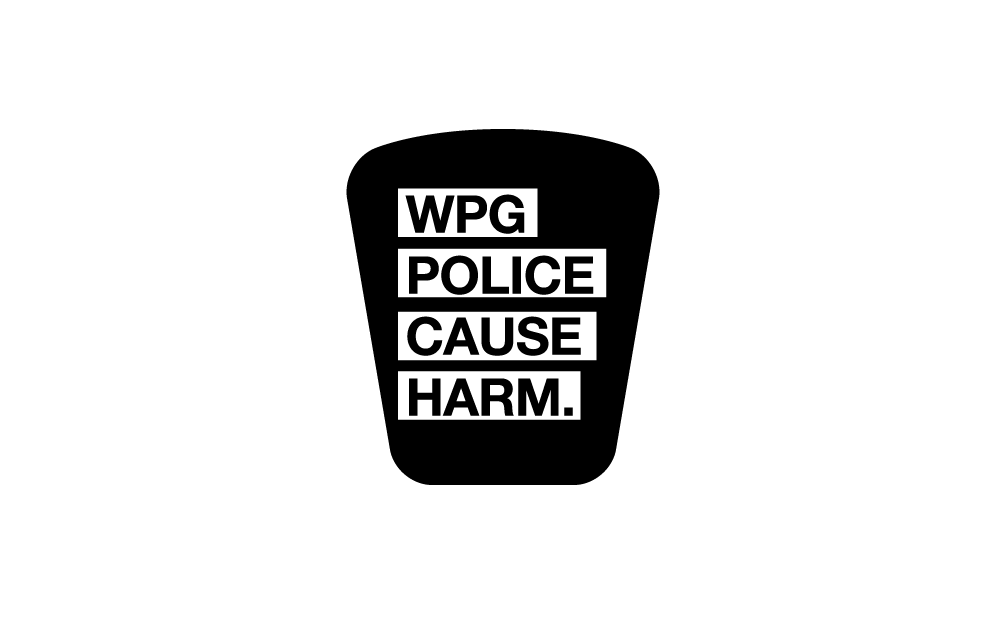Winnipeg Police Cause Harm was founded in September 2019 following several killings by the WPS of Indigenous and Black people including Chad Williams, Machuar Madut, Sean Thompson, and Randy Cochrane.
The organization formed with an explicitly abolitionist mandate, meaning that it does not believe that police and prisons can be reformed with better training, regulations, or hiring practices. As a result, the organization’s work has been oriented to raising awareness about the many harms caused by policing and the alternatives that exist to improve safety for everyone by fully defunding the Winnipeg Police Service and reallocating its substantial resources to life-affirming institutions such as public housing, community-based crisis response, food security, harm reduction, public transit, substance use and mental health resources, and 24/7 safe spaces and low-barrier shelters.
The Winnipeg Police consume a massive amount of money every year. The WPS budget is $304.1 million in 2020, representing 26.6% of the city’s operating budget—the highest proportion of spending by police of any major city in Canada (and up from only 16.9% of the city’s budget in 2000). The average Winnipeg Police employee makes $104,000 per year. In 2019, nine cops made more than the mayor in 2019, with Chief Danny Smyth raking in $272,000.
Despite this spike in funding, police-reported crime rates continues to rise. In 2019, violent crime increased by 4% from the previous year and property crime increased by almost 15%. Police and politicians argue this is why police need even more resources. Conversely, WPCH understands social problems such as assault, theft, break & enter, and homicides as evidence of why policing does not keep us safe—and in fact undermines safety through:
Direct violence (police killings, assaults, harassment, intimidation, surveillance, incarceration, breeding paranoia/suspicion in communities)
Criminalization (of Indigenous and Black people, unhoused people, sex workers, and people who use drugs)
Theft of public resources (that could be reallocated to services and infrastructure that actually keep people safe)
Winnipeg Police Cause Harm’s response to these realities has been to work to increase public awareness and engagement with the case for abolition, based on decades of labour by Black and Indigenous scholars. The organization’s work includes postering and tabling, collaborating on organizing rallies, presenting to the Winnipeg Police Board and other public officials, providing support to people who have been harmed by police, and maintaining an active role on social media. However, the organization doesn’t believe that politicians will be convinced through moral appeals—but by people collectively struggling to force them to act.
The organization also understands policing as an integral force of class warfare, white supremacy, and heteropatriarchy--requiring abolitionist demands to be situated within broader struggles against capitalism, colonialism, imperialism, transphobia, homophobia, ableism, misogyny, and racism.
